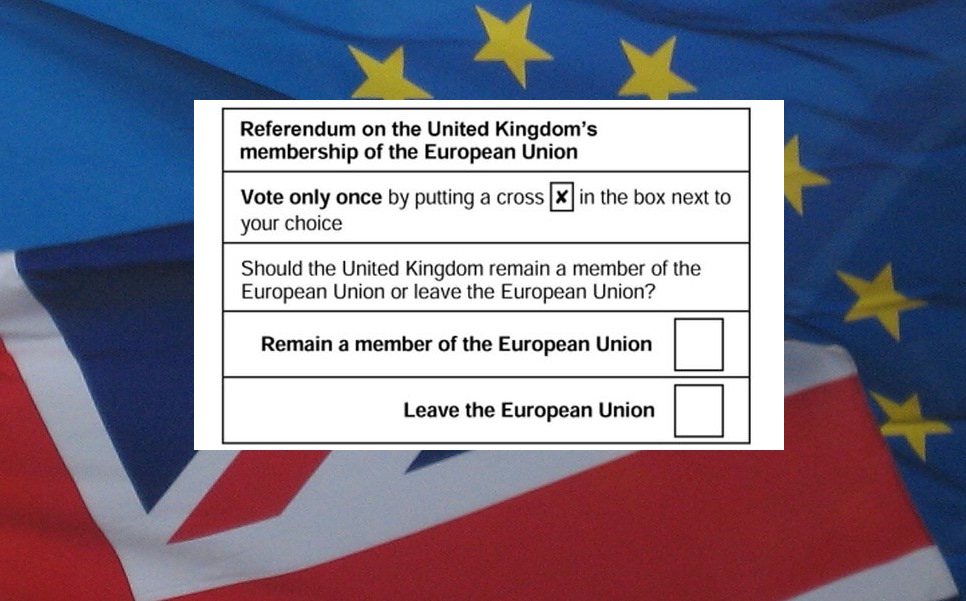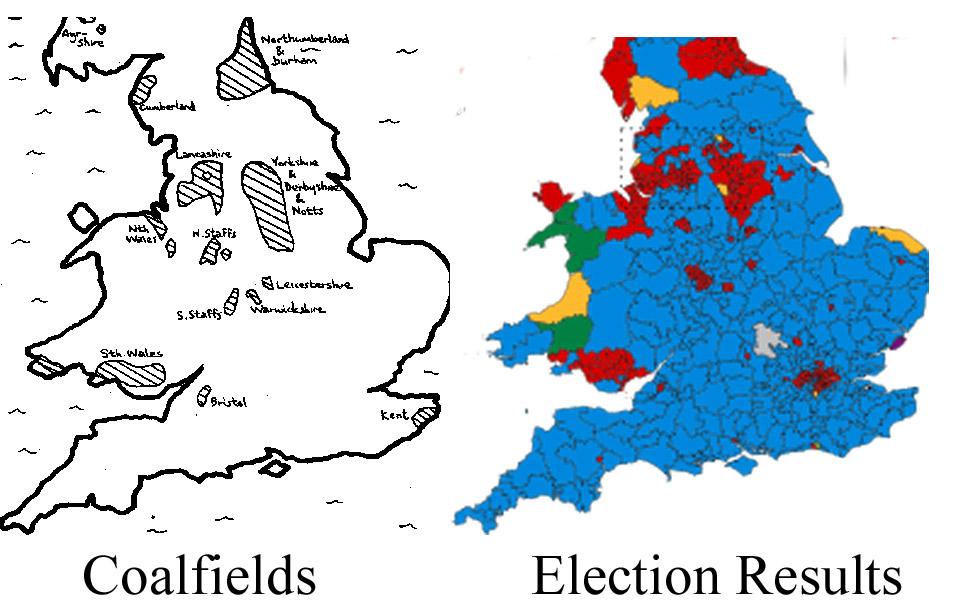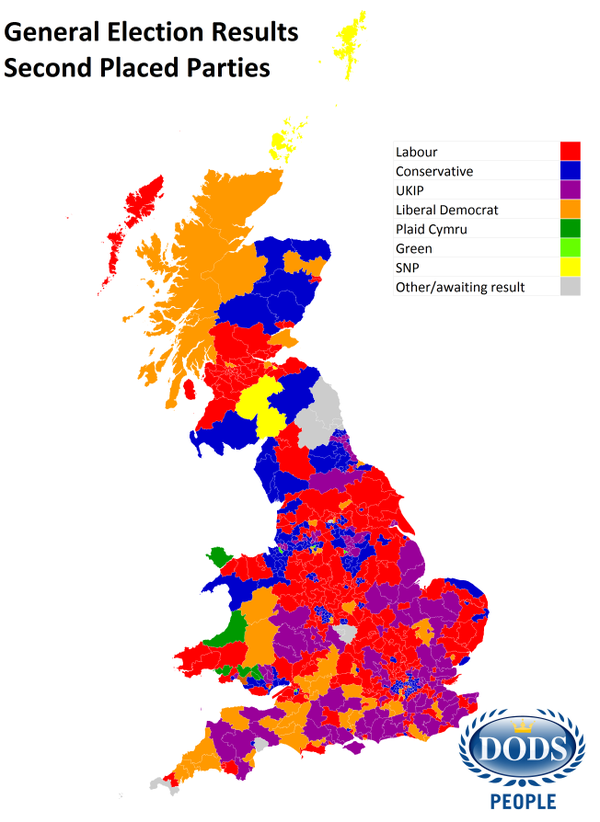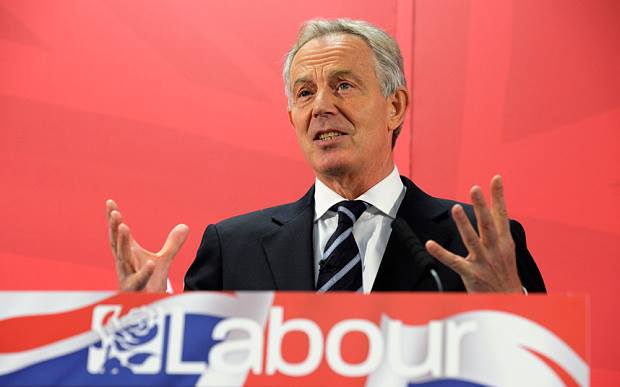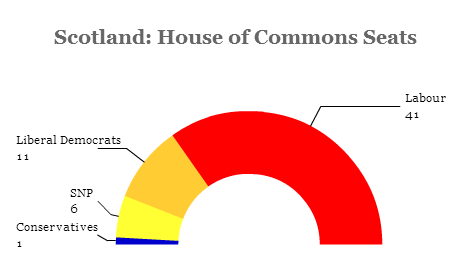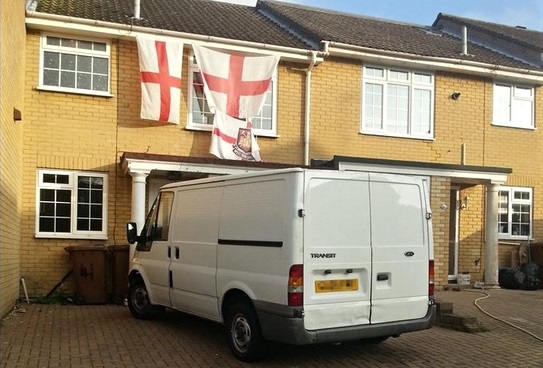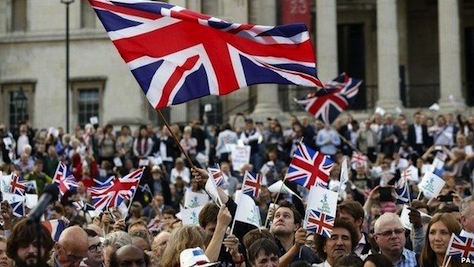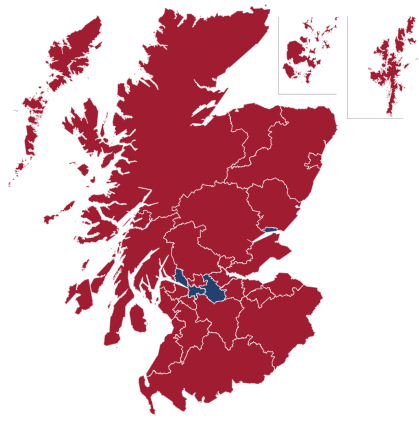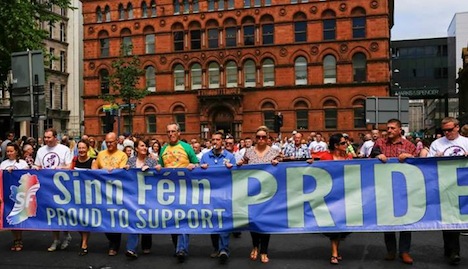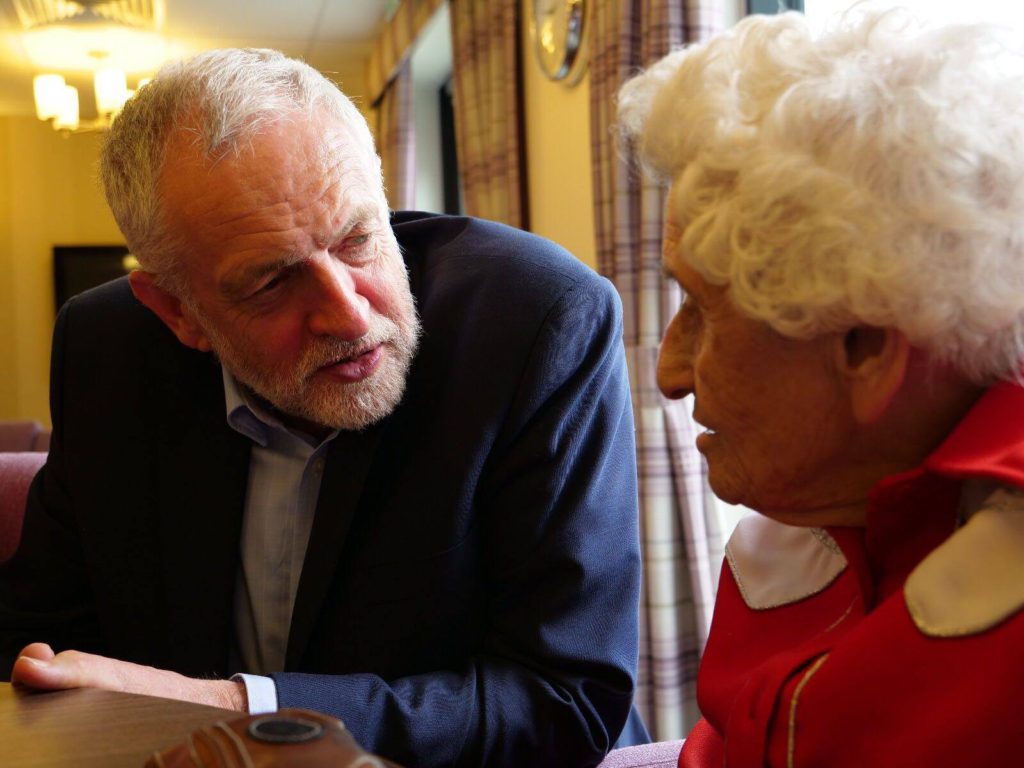
In a country where, two months after VE-Day, voters were willing to turf out Winston Churchill in favor of a Labour landslide, no one should have doubted the possibility that Jeremy Corbyn would, two days before the 2017 general election, be within range of overtaking prime minister Theresa May and the Conservatives.![]()
That’s astounding, because when May called the snap election in mid-April, it looked like the Tories would win by the largest margin in a generation, if not their largest margin since the 1931 Tory landslide. One ComRes/Sunday Mirror poll gave May’s party a margin of 50% to just 25% for Labour.
Corbyn has, to say the least, had a difficult time since winning the Labour leadership in the summer of 2015. Despite the support of a majority of the rank-and-file membership (including many thousands of supporters that Corbyn himself recruited to the party) and the labor unions that form the backbone of Labour’s organization, Corbyn failed to win loyalty from among the center-left MPs that comprise the parliamentary party. Indeed, Labour MPs launched a fresh leadership challenge in the summer of 2016 after the failure of the ‘Remain’ campaign in the Brexit referendum, and Corbyn’s shadow cabinet has dwindled from a fairly wide cross-section of Labour to a group of Corbyn’s most avowed (and hardline) supporters — shadow chancellor John McDonnell and shadow home secretary Diane Abbott.
* * * * *
RELATED: Why Labour’s 2017 defeat could be much worse
than Foot’s 1983 disaster
* * * * *
But throughout the campaign — and especially after Labour’s manifesto release — Corbyn has clawed back into contention, confounding almost every prediction at the beginning of the campaign. What was supposed to be an easy victory lap for May and the Conservatives has turned into a genuine fight over the direction, not only of the Brexit negotiations that will ensue for the next two years, but of British economic policy, security policy and relations with the United States and the controversial Trump administration. One Survation poll from the weekend gave the Tories just a 1% lead; another ICM/Guardian poll taken between June 2 and 4 gave the Tories a 45% to 34% advantage. (No herding here!)
It’s believable that, after two terrorist attacks in Manchester and London, and accusations on security by both sides, there’s more volatility in the electorate. If Corbyn has truly succeeded in motivating younger voters (and polls show that Labour leads among the youngest voters by as lopsided a margin as the Conservatives lead among older voters), polling expectations and weights may be incorrect. Moreover, after polling in 2015 failed to predict a Conservative majority, there’s reason to be wary.
At this point, it’s possible that May will increase her majority (currently just 12) to 30 or 40 and it will still be viewed as a ‘victory’ for Labour, because expectations were so high earlier in the campaign (a 100-plus Conservative majority). Moreover, if Labour can manage its way to a hung parliament, the arithmetic for a Labour minority government is much easier, because it will be able to look to nationalist parties in Scotland, Northern Ireland and Wales — and to the Liberal Democrats, potentially.
But as voters prepare to go to the polls tomorrow, there’s no doubt that Labour under Corbyn’s leadership is surging. Here’s why.
1. Labour’s platform under Corbyn isn’t as radical as expected
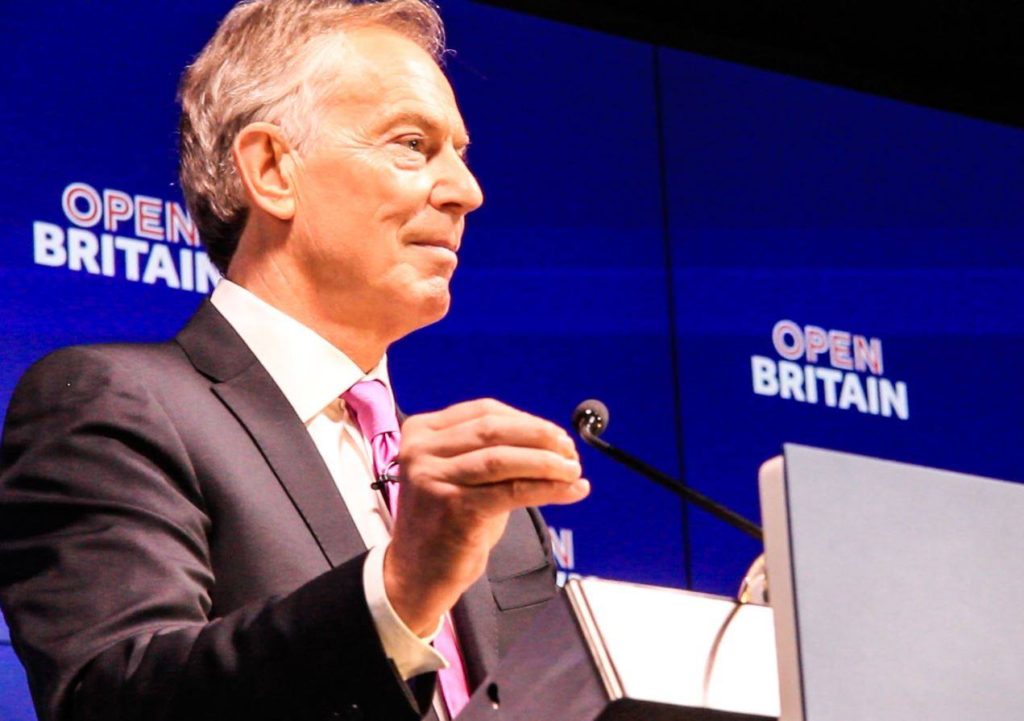
Forget about the alarmist headlines — the promise of four new bank holidays, the pledge to re-nationalize Great Britain’s railways, some utilities and the post office, Corbyn’s ennui towards Brexit and the Trident anti-nuclear deterrent. When you strip Labour’s 2017 platform down to its nuts and bolts, it looks a lot like the Labour platforms under the Blair years — and what 13 years of government under New Labour looked like: a lot of spending on health care and education.
Of course, no Blairite or Brownite platform would pledge to increase corporate taxes as much as this platform does, or raise taxes on those who make more than £80,000. Nor would New Labour likely pledge to roll back tuition fees all the way to zero (though Blair introduced tuition fees, New Labour capped them at £3,000 — the Conservative/Liberal Democratic coalition controversially raised the cap to £9,000). But the New Labour project has been so derided as a neoliberal and neocolonial project that too many people forget the Blair-Brown governments were also social democratic governments in many ways. That’s especially under Gordon Brown as the 2007-08 financial crisis hit. Labour’s 2017 platform, in crucial ways, pledges to pick back up where the Brown government left off in 2010. Introducing tuition fees in the mid-2000s, moreover, made it possible to open more spots in higher education to working-class and poor students.
For all of Corbyn’s hard-left quirks, he’s waged a general election campaign playing to well-trodden themes that have won elections for Labour in the past. Corbyn certainly isn’t running as New Labour 2.0, but he’s also not running as Tony Benn or even Michael Foot, and he’s shown that he can moderate his policy emphasis to appeal to a wider audience — not just his hard-core supporters, but all of Labour and potentially beyond.
That, more than anything, explains the rise in Labour’s polling numbers over the last three weeks and, especially, the rise in preference for Corbyn as prime minister over May.
Neither Corbyn nor New Labour grandees like former prime minister Tony Blair care to admit it, and Corbyn rose to the Labour leadership by denouncing Blairite policy, but the two leaders share far more in common than not. Since 2015, Corbyn has been defined by what he was against. That’s served to emphasize Corbyn’s presence on the fringes of the political mainstream (i.e. the anti-Semitism row, the friendliness with Hamas and Hezbollah, Hugo Chávez, certain militants from Northern Ireland, London mayor Ken Livingstone). Aside from the vague bromides during the pivotal Labour leadership election in the summer of 2015 (‘Jez, we can’) and from Corbyn’s ineffective and listless efforts during the 2016 Brexit referendum, no one’s judged Corbyn by what he’s for, and as it turns out, Corbyn shines far brighter in this position.
Also, say what you want about his performance as opposition leader, but Corbyn shines brightest when he’s on the campaign trail. That was true in both of his leadership campaigns in 2015 and 2016, and it’s true now in the general election.
2. A tighter race was inevitable

There was always a floor of Labour support that would invariably return to the Labour fold. Though Conservatives hoped a month ago that they might outpoll Labour even in Wales, that now seems ridiculously fanciful. A two-to-one victory for the Tories was always wishful thinking, not a possible reality. In 1983, Margaret Thatcher’s national margin of victory was 14.8%, in 1997, Tony Blair’s margin was 12.5%.
That seems clear enough from the polling trends. From the most dire to the most generous surveys, the Tories are winning anywhere from 41% to 45% of the vote, which isn’t far off from the level of support they enjoyed at the beginning of the campaign. The narrowing gap between Conservatives and Labour comes less from eroding Tory support than from winning back skeptical voters who are historically inclined to vote Labour. There’s some evidence that Corbyn’s surge comes too much from strongholds like London and Wales instead of those crucial English battlegrounds like the North East and the Midlands.
Notably, trends show that both parties will improve on their 2015 tallies because the United Kingdom’s third parties — excluding the Scottish Nationalist Party (SNP) — are all faring so poorly. For the first time since 1979, it’s possible that support for the two main parties will exceed 80%.
The Liberal Democrats, who hoped to rally ‘Remain’ supporters under their new leader Tim Farron, may actually win less support than the 7.9% they won two years ago. Farron spent the first half of the campaign distracted in questions about his personal religious views and LGBT rights. Many of their former supporters, certainly, will now support Labour. Meanwhile, the United Kingdom Independence Party (UKIP) has collapsed, with former leader Nigel Farage no longer around and with its raison d’être, Brexit, now accomplished. It will struggle to win even a third of the 12.7% it won two years ago. Many of those UKIP voters, especially in the south, are boosting Tory support. Other UKIP voters, those crucial ‘Leave’ voters from the north, may be returning to Labour (though, perhaps, not all of them).
Scottish first minister Nicola Sturgeon has anchored her campaign to calls for a second, post-Brexit independence referendum, the SNP may nevertheless struggle to repeat its bravura performance in 2015, when it took 56 of 59 constituencies in Scotland. Local Scottish Conservative leader Ruth Davidson has adroitly consolidated unionist support and has emerged as the leading opposition to the separatist SNP, and the Tories expect to pick up at least a handful of seats in Scotland tomorrow.
3. May’s fumbles
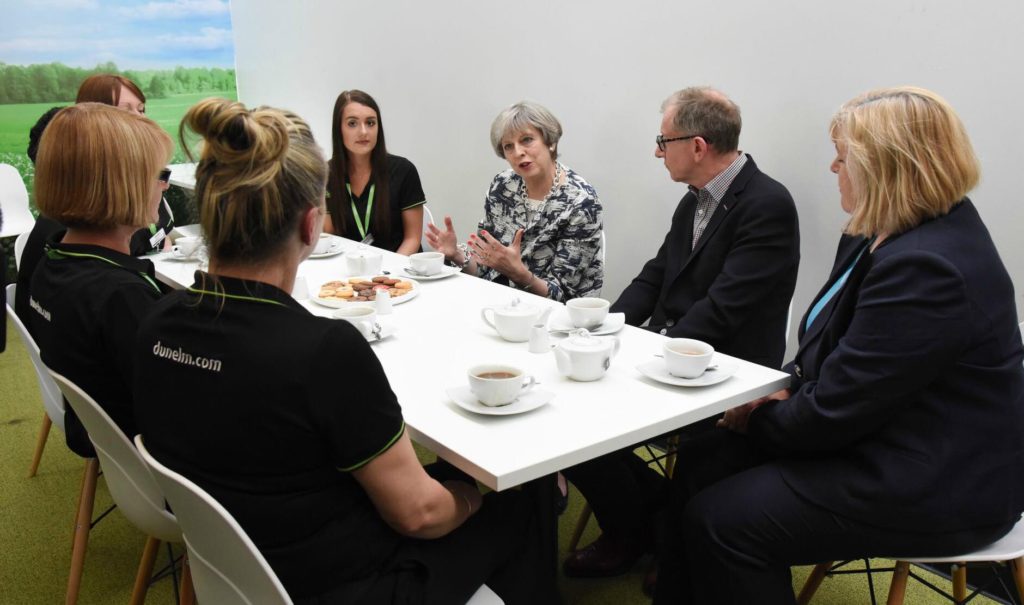
No one expected the three national party leaders in this election to have mastered campaigning at the national level, given that each of them (May, Corbyn and Farron) are each waging their first general election campaigns as leader of their respective parties.
As noted, Farron botched a promising position early on by spending the first weeks of the campaign bogged down over his personal views on LGBT rights, then betting too strongly that ‘Remain’ voters would vote entirely on Brexit and not on other issues. Corbyn, as noted above, has impressed on the campaign trail — so much so that it seems inevitable he will remain on as Labour leader, even if he loses seats on June 8.
It’s May, however, who has stunned with her truly abysmal campaigning skills. May refused to join the other party leaders last week in the sole debate and, when Corbyn decided at the last moment to show up, she looked weak and cowardly by sending home secretary Amber Rudd instead. May has waged an incredibly cautious campaign that has carefully managed interaction with regular voters. As several wits have noted, it was a mistake for the Conservatives to anchor the campaign in a personality cult for a leader who doesn’t have much of a personality. Foreign secretary Boris Johnson, who once had (and may still have) leadership ambitions of his own, would have shined in this regard.
Not May, who allowed Corbyn to outflank her on security earlier this week when he pilloried her for budget cuts in her six years as home secretary that reduced the total number of police.
Meanwhile, her claims of ‘strong and stable leadership’ have been derided with her u-turn over a policy that would have required some seniors to pay for their own social care — dubbed the ‘dementia tax’ by the press. If the initial policy seemed like bad politics (turning off the elderly voters than trend Conservative), her decision to abandon the policy made May look weak and panicky.
Now, even if May goes on to win a double-digit victory, she will not necessarily get the credit she deserves.

